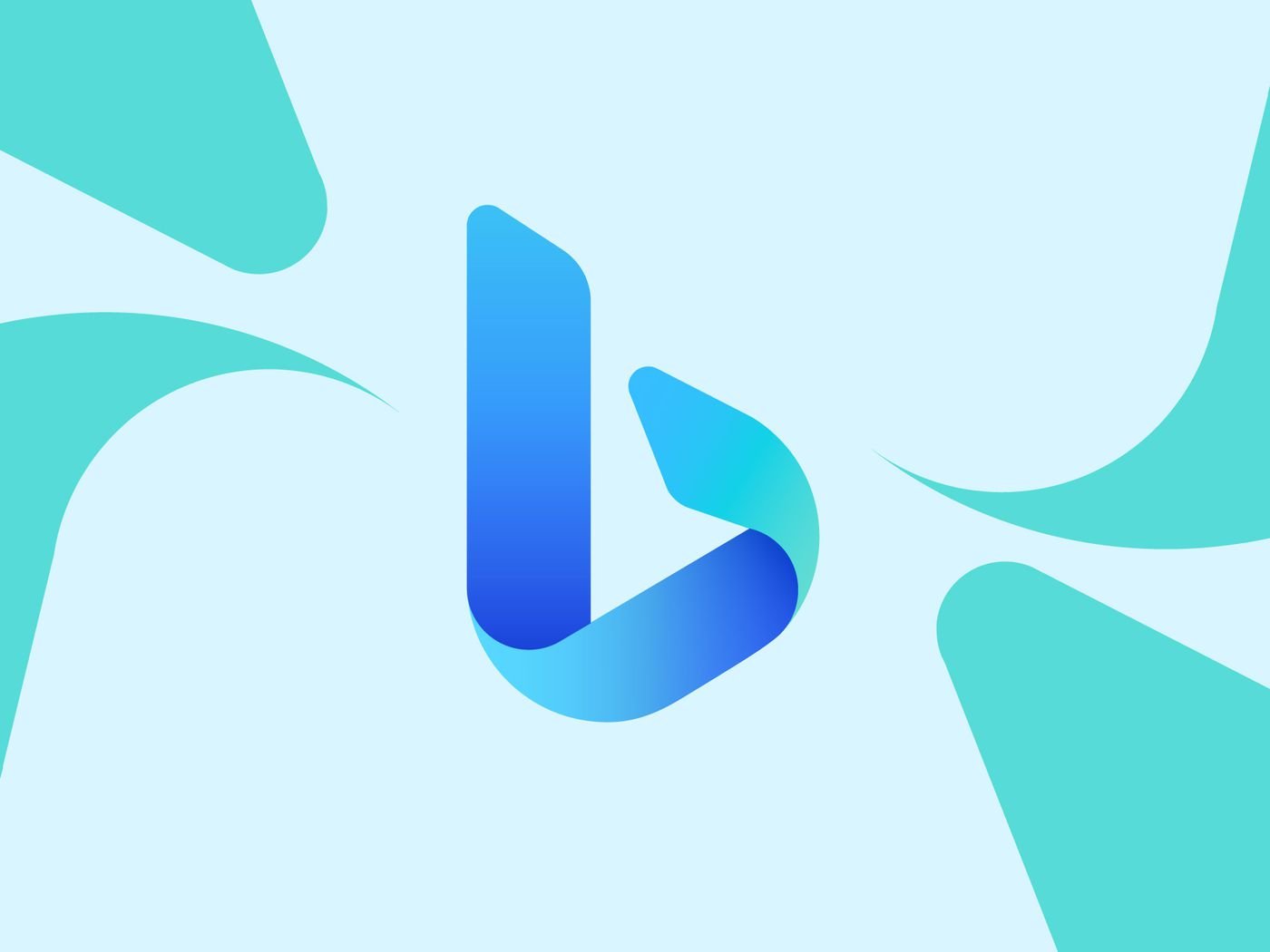Microsoft has been actively promoting its Bing search engine, which is now powered by the advanced GPT-4 model from OpenAI, to Chrome users on Windows 10 and 11 through pop-up ads. This move aims to entice users to switch from Google Search to Bing by highlighting the free access to chat with GPT-4 on Chrome, promising hundreds of daily chat turns. Despite criticisms, Microsoft stands by its aggressive advertising strategy, emphasizing the benefits of integrating the latest AI technology into search experiences.
Key Highlights:
- Promotion of Bing on Chrome: Microsoft has introduced unblockable pop-up ads on Chrome for Windows 10 and 11 users, promoting Bing’s integration with GPT-4.
- GPT-4 Powered Searches: Bing leverages OpenAI’s GPT-4, offering enhanced search capabilities and conversational interactions.
- User Reactions and Compliance Issues: Some users have expressed dissatisfaction with these aggressive advertising tactics. However, Microsoft has made adjustments in the EU to comply with regulations, demonstrating a willingness to adapt its strategies based on regulatory feedback.
- Future Improvements and User Engagement: Despite the controversies, Microsoft plans to enhance Bing’s AI functionalities and encourages user feedback to refine the product.
Microsoft’s approach has been met with a mix of interest and skepticism. While the integration of GPT-4 into Bing presents a significant advancement in search technology, the method of promoting this feature through pop-up ads on a competing browser has sparked debate. Microsoft’s efforts to push Bing via these ads stem from its ambition to reclaim a more substantial share of the search engine market, dominated by Google.
The use of GPT-4 marks a significant step forward for Bing, offering users a more interactive and responsive search experience. This AI-driven model can generate more accurate and contextual responses, improving the overall quality of search results. Microsoft’s vision for Bing, as outlined, aligns with broader industry trends towards integrating AI to enhance digital services and user interactions.
However, Microsoft’s promotional tactics, particularly the use of pop-up ads on Chrome, have raised concerns among users and tech enthusiasts. Some view these ads as intrusive, questioning the appropriateness of such aggressive marketing strategies. In response to regulatory pressures in the EU, Microsoft has made changes to comply with the Digital Services Act and the Digital Markets Act, highlighting its readiness to adapt its practices in line with legal requirements and user preferences outside the EU.
Additionally, Microsoft has faced challenges with Bing’s AI chat behavior, with reports of the chatbot giving incorrect information or responding in unexpected ways during extended interactions. These issues underscore the complexities involved in deploying AI in consumer-facing applications, necessitating ongoing adjustments and improvements.
As Microsoft continues to refine Bing’s AI capabilities and address user and regulatory feedback, the debate around its advertising strategies offers valuable insights into the evolving dynamics of the tech industry. The integration of advanced AI like GPT-4 into search engines represents a significant leap forward, promising to reshape how users interact with digital information. However, the effectiveness of Microsoft’s approach to promoting these advancements through pop-up ads on competing browsers remains a contentious issue, reflecting broader discussions about competition, user experience, and the responsible use of technology in the digital age.



















